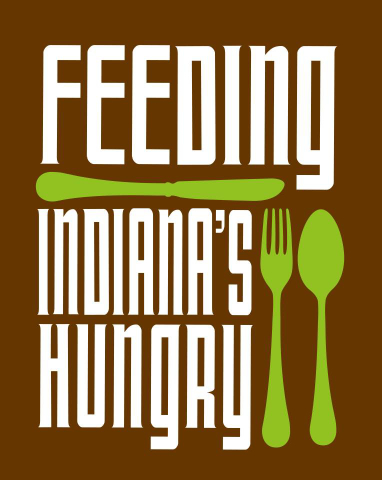Overall, the 2022 Indiana State legislative session yielded mixed results for our clients and our member food banks. Thanks to the advocacy work of our members and broad coalitions, every bill directly reducing access to hunger relief programs was mitigated to some extent.
Before the session started, Governor Holcomb asked the Indiana General Assembly to provide authority for his administrative agencies to continue several COVID provisions, including SNAP Emergency Allotments (SNAP EA) that provided the maximum benefit level to all households receiving SNAP, before he would end the state public health emergency. Two bills contemplated these measures over the course of the session, HB 1001 and SB 3. Many changes were made to both bills over the course of the nine week legislative session, including whether the provision allowing SNAP EA would be extended and for how long. Originally both bills would have terminated SNAP EA on March 31, 2022. Our organization testified at every opportunity on this important benefit, which provides about an additional $51 million in SNAP benefits to Hoosier households AND retailers each month. In the end, the legislature was only willing to tie SNAP EA to the end of the previous federal public health emergency that was to expire April 16th (another 90 day extension was granted mid-April), allowing SNAP EA benefits to run through May by the USDA’s procedures. While disappointed we were not able to extend SNAP EA further, the April 16th termination was later than the original bills would have permitted, extending SNAP EA an extra month for Hoosier SNAP recipients.
Two other bills were passed that initially contained dangerous and punitive provisions that would restrict access to SNAP and TANF. HB 1354 would have restricted access to SNAP for households that were not complying with specific child support requirements and would have required every adult ages 16-59 to participate in a basic level of workforce training. Both measures would have restricted access to households in need of food assistance and would have cost the state a considerable number of tax dollars to implement. This bill became a topic for interim study should the Legislative Council assign it. We welcome the opportunity to further discuss in depth the state options for SNAP.
HB 1410 put into law a state policy requiring ‘job search’ activity to apply for TANF. The premise of the bill, codifying something that should be in state policy, we determined was bad governance as the state should have the ability to regulate programs using the rulemaking process that’s more flexible and responsive to change as needed. The bill was ultimately amended to provide FSSA some flexibility in times of high unemployment or situations like a public health emergency.
Feeding Indiana’s Hungry HB 1354 Testimony:
Feeding Indiana’s Hungry HB 1354-22 House Family, Children & Human Affairs



